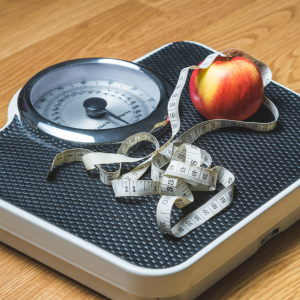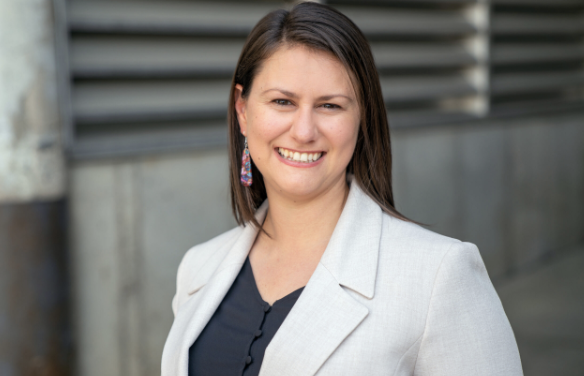Emily M. Pisetsky, Ph.D., is a Licensed Psychologist and Clinical Associate Professor in the Center for Women’s Mood Disorders and the Center of Excellence for Eating Disorders. Dr. Pisetsky received her PhD in Clinical Psychology at the University of North Carolina at Chapel Hill, NC and completed an NIMH funded postdoctoral fellowship in eating disorders research at the University of Minnesota. Dr. Pisetsky was on faculty in the Department of Psychiatry and Behavioral Sciences at the University of Minnesota prior to joining the faculty in the Department of Psychiatry at UNC Chapel Hill. Dr. Pisetsky’s clinical expertise is working with women with mental health disorders during the perinatal period, as well as adults with eating disorders. She enjoys clinical supervision and is actively involved in training psychology learners as well as psychiatry residents. Her research is focused on the psychological mechanisms associated with suicide risk in individuals with eating disorders, as well as developing and testing innovative psychological treatments for eating disorders.



